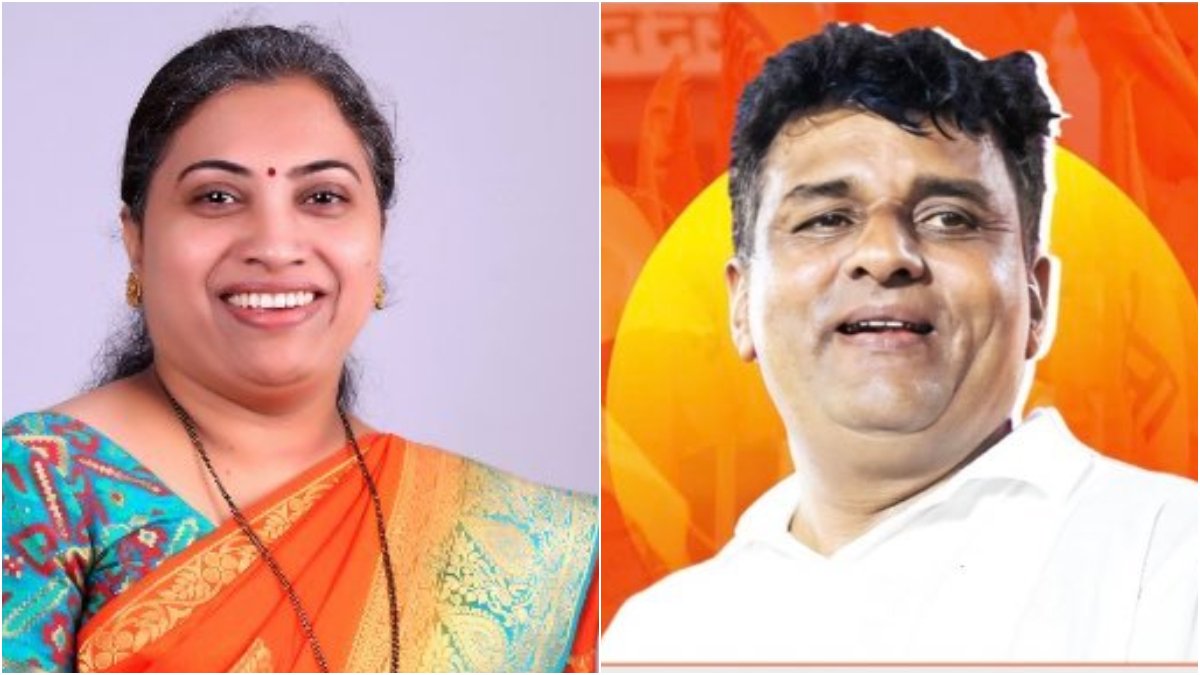In a significant move, the Medical Counselling Committee (MCC) has reduced the All India Quota (AIQ) seats in Government Medical Colleges (GMC) from 12,273 in 2023 to 11,938 in 2024 (a reduction of 338 seats), while it has increased the number of seats in Deemed Medical Colleges (DMC) by 537 seats: from 5,603 in 2023 to 6,140 in 2024. With increase in DMC seats, where fees is extremely high (upto 45 lakh INR in Maharashtra), and decrease in AIQ GMC seats where fees is much lower (1,25,000 INR in Maharashtra), candidates have raised concerns that the government is making it almost impossible for people from marginalised and economically weaker sections to pursue postgraduate medical courses.
Additionally, the Ministry of Health and Family Welfare (MoHFW) had promised an increase of around 4,087 seats in PG medical courses for 2024-2025. However, the actual seat increase (820) appears to fall short of these projections, creating a gap between promises and the current seat distribution.
The inconsistency between the projected total of 73,111 seats and the actual seats available in 2024, as reflected in this chart shared by the MoHFW, raises concerns about the MoHFW’s follow-through on its commitments. This situation could have been improved by increasing GMC MD / MS seats across India, which would have benefited deserving students from varied economic backgrounds.
MoHFW MoHFW
Moreover, experts pointed out that many seats are missing in the seat matrix. In several cases, the National Medical Commission (NMC) has approved additional seats in specific colleges, but the MCC has not included these seats in the matrix. “Is this the way MCC governs? If these seats are not added to the Round 1 (R1) seat matrix, it will result in a significant loss for meritorious students who may miss out on these seats due to MCC’s oversight,” said Brijesh Sutaria, a Mumbai-based medical education activist.
“Given the discrepancies in the seat matrix, a revision is highly likely, just as we saw with the brochure, which was corrected within six hours of its release. The current seat matrix is inadequate, and its inaccuracies will impact candidates who rely on official information. This lack of precision undermines good governance,” Sutaria added, asking, “Does MCC not conduct a proper audit before releasing the seat matrix?”
Earlier, confusion was also created when MCC hastily released its brochure on November 6, only to revise it soon after. Candidates pointed out that the updated brochure did not contain new information and merely reiterated last year’s rules. This apparent oversight led to criticism of MCC’s lack of preparedness and attention to detail in a process that is pivotal to the academic future of thousands of medical students.
In a welcome move, however, the MCC has increased the number of seats in the Diplomate of National Board (DNB) category by 494 (from 4,249 in 2023 to 4,743 in 2024) as these seats have more affordable fees (around 1.25 lakhs).




